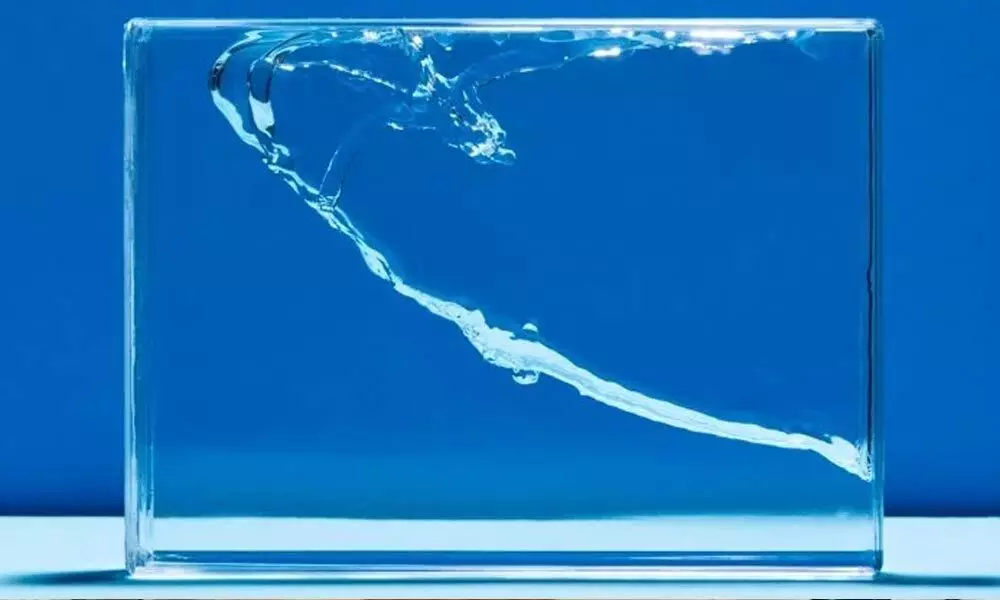Scientists Found An Undiscovered Liquid In Glass As A New Material

Undiscovered Liquid In Glass (Photo/sciencealert)
- The finding of a completely undiscovered liquid phase, that has been revealed by scientists working on super-thin, high-density glass creation.
- This new sort of material has emerged as a result of an attempt to address such issues.
The finding of a completely undiscovered liquid phase, that has been revealed by scientists working on super-thin, high-density glass creation. These glasses are employed in a variety of applications, including OLED displays and optical fibers, however, they can be unstable. This new sort of material has emerged as a result of an attempt to address such issues.
The recently found liquid phase intends that thethin glassis more constant and denser than previous materials, thedevelopment that could lead to new applications for glass and even entirely new types of devices.
University of Pennsylvania physicist Zahra Fakhraai mentioned that there are a number of unique features that appeared out of nowhere, and no one expected to find these phases in thin films. Fakhraai further added that like graphene and diamond, thatboth solids are formed of carbon but exist in very diverse solid forms. Boththe two liquids have different characteristics.
According to the sources, glass is a unique type of substance that is created when a liquid solidifies. While its qualities resemble those of a solid, the internal structure of glass remains largely unchanged from that of a liquid. The scientist always found the change regarding the glasses still veryfascinating. Such a transition can be difficult to manage in the case of ultra-thin glass, particularly at larger scales, without complications like crystallization. Thin glasses retain more liquid qualities than regular glasses, which can cause instability and degeneration. While in some glasses, vapour depositionin which a gas is directly converted into a liquid is utilized instead of chilling a liquid, although it's unclear whether itwould assist with thin glasses.
Researchers spent severalyears conducting studies to prove that vapour deposition really eliminates some of the liquid-like qualities of thin glass in the current study. It was during this process that the new liquid phase was discovered, which differed from the usual liquid phase seen while making this sort of glass.
The packing of individual molecules into thestructure that was not a crystal but something else was validated in follow-up investigations. The researchers believe that the shape of the phase could have consequences for other types of materials as well. Using vapour deposition as well as the new phase of liquid in the glass, the possibility of making ultra-thin glasses with a significantly higher densityhigher than crystal in some situations.
Meanwhile, more research is planned to specify exactly how this phase change occurs, such as a detailedinspection at the deposition phase, and it could aid scientists in solving some of the glass's other mysteries.
















